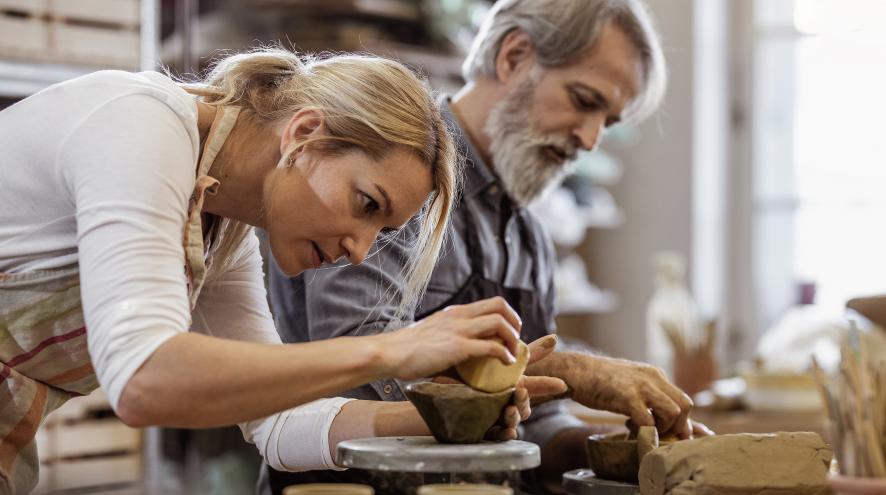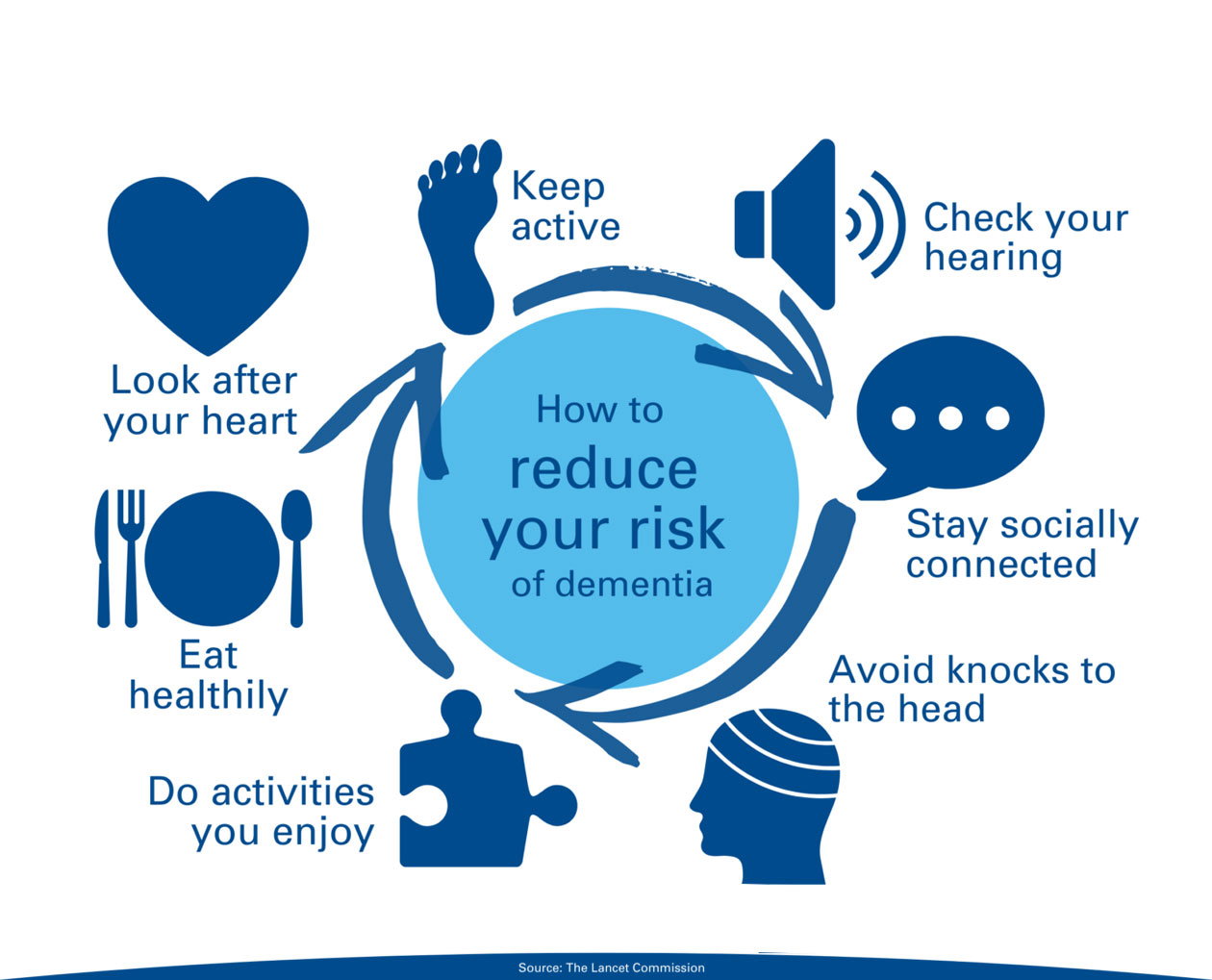
Dementia is often perceived as a condition that primarily affects older adults, but recent research highlights that younger individuals can also be diagnosed with dementia, known as young-onset dementia. This blog explores the latest developments in treating and preventing dementia, particularly focusing on the younger population.
What is Young-Onset Dementia?
Young-onset dementia refers to dementia diagnosed in individuals under the age of 65. While it is less common than dementia in older adults, it can have a profound impact on the lives of those affected and their families. Symptoms may include memory loss, difficulty concentrating, and changes in mood or behaviour, which can be particularly challenging for younger individuals who are often in the midst of their careers and family life.

Recent Research Findings
Risk Factors for Young-Onset Dementia
A recent study published in JAMA Neurology identified 15 factors linked to an increased risk of developing young-onset dementia. Some of the key risk factors include:
- Genetic predisposition: Carrying two alleles of the apolipoprotein E (APOE) ε4 gene significantly increases the risk of Alzheimer’s disease, a common form of dementia.
- Alcohol use disorder: This condition can lead to brain damage, particularly affecting areas responsible for memory and executive function.
- Social isolation: Lack of social interaction can negatively impact brain health, as social engagement is crucial for cognitive stimulation.
- Vitamin D deficiency: Low levels of vitamin D have been associated with an increased risk of dementia, possibly due to its role in immune function and brain health.
- Hearing loss: Poor hearing can lead to reduced social interactions and cognitive decline, increasing dementia risk.
- Chronic health conditions: Conditions such as heart disease, diabetes, and previous strokes can also elevate the risk of developing dementia at a younger age.
Importance of Hope and Mental Well-Being
Research has shown that maintaining a sense of hope is vital for younger individuals living with dementia. A study highlighted that participants often focused on positive aspects of life, such as upcoming events and personal goals, which helped them cope with their diagnosis. This emphasizes the need for supportive environments that foster hope and resilience among younger patients.
Preventive Measures
While some risk factors are beyond individual control, several proactive steps can be taken to reduce the risk of developing young-onset dementia:
- Limit Alcohol Consumption: Avoiding excessive alcohol intake can help protect brain health.
- Stay Socially Active: Engaging with friends and family can enhance cognitive function and emotional well-being.
- Ensure Adequate Vitamin D Levels: Regular exposure to sunlight and, if necessary, supplements can help maintain healthy vitamin D levels.
- Address Hearing Issues: Using hearing aids can improve social interactions and cognitive engagement.
- Maintain a Healthy Lifestyle: Regular exercise, a balanced diet, and managing chronic health conditions are crucial for overall brain health.

Treatment Options
Currently, there is no cure for dementia, but various treatments can help manage symptoms and improve quality of life. These may include:
- Cognitive therapies: Engaging in cognitive stimulation therapy can help improve memory and cognitive function.
- Medication: Certain medications may help manage symptoms, such as memory loss and mood changes.
- Support groups: Connecting with others facing similar challenges can provide emotional support and practical advice.

Conclusion
Young-onset dementia is a significant health concern that requires increased awareness and understanding. By recognizing the risk factors and implementing preventive measures, individuals can take proactive steps to protect their cognitive health. Additionally, fostering hope and resilience can greatly enhance the quality of life for those affected by this condition.
Read more on Lifetips.blog














